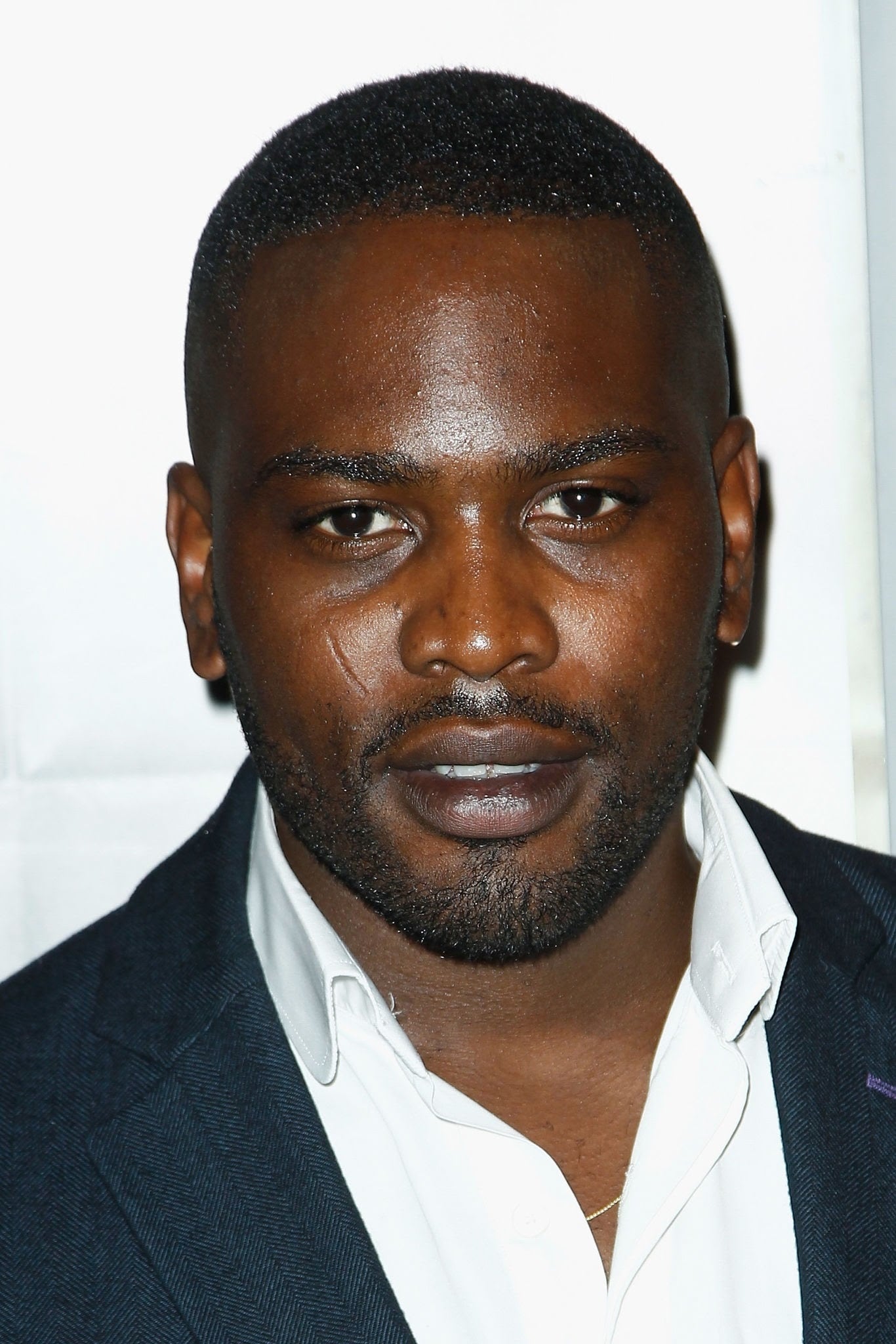
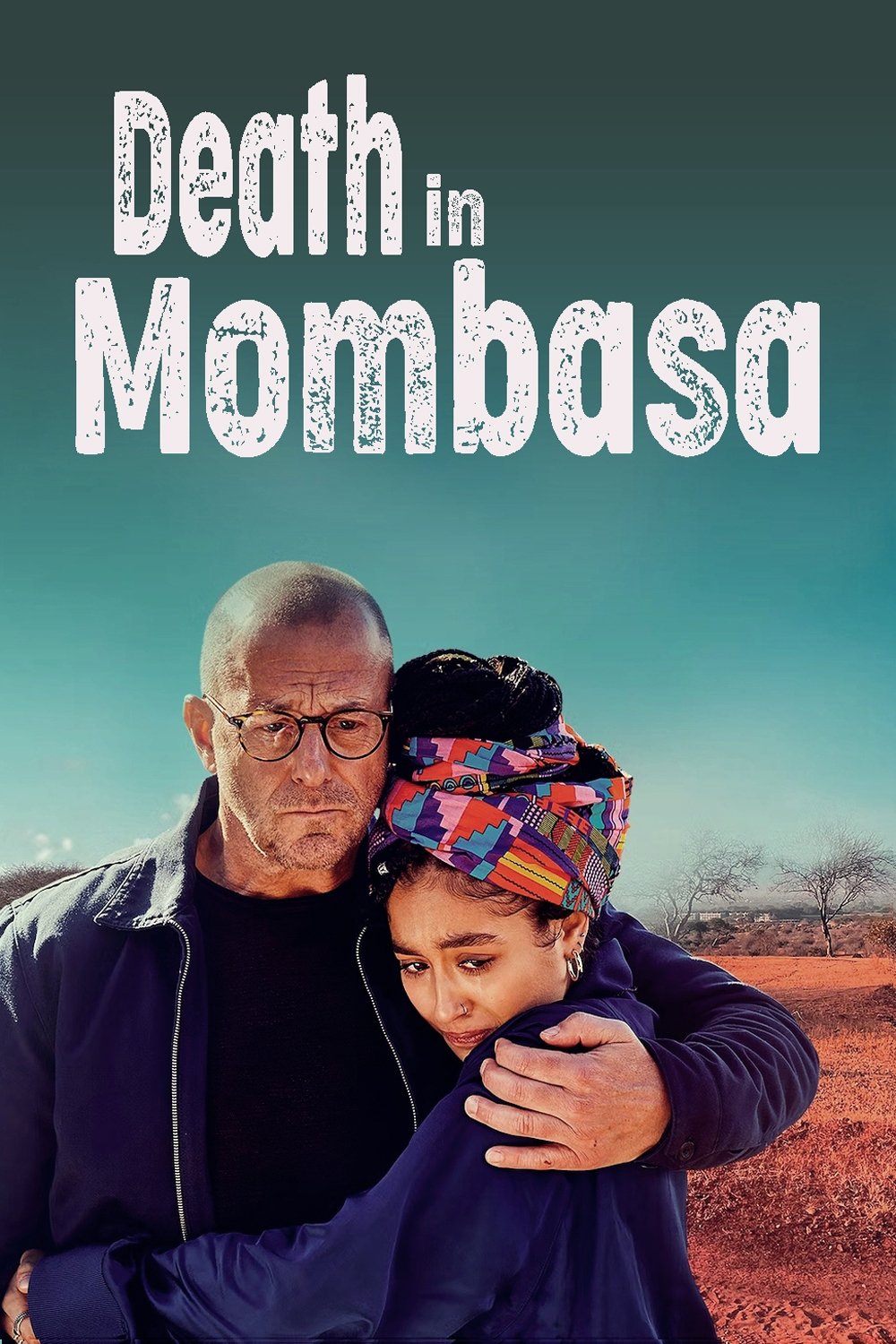
It's been a year since Moritz Wagner and his daughter Aluna turned their backs on Kenya and moved to Hamburg. They searched in vain for Farrah, Moritz's wife and Aluna's mother. Moritz's strenuous, sometimes traumatic job as a war photographer had put a lot of strain on their marriage. Farrah took some time off and disappeared without a trace. Now news reaches Moritz from the Kenyan police that his wife has been recovered dead from her car in Kenya. Shortly after, Farrah's sister Pascale suggests that Farrah was not the victim of an accident, but was murdered. Moritz sets off for Kenya. But when he wants to meet his sister-in-law, she dies in front of him. Moritz is now considered a suspect and has to justify himself to the Kenyan police and flee. Together with Caroline, a shirt-sleeved used car saleswoman and good friend of Farrah, Moritz sets out to find the secret behind Farrah's death. The trail leads them both to the Congo.
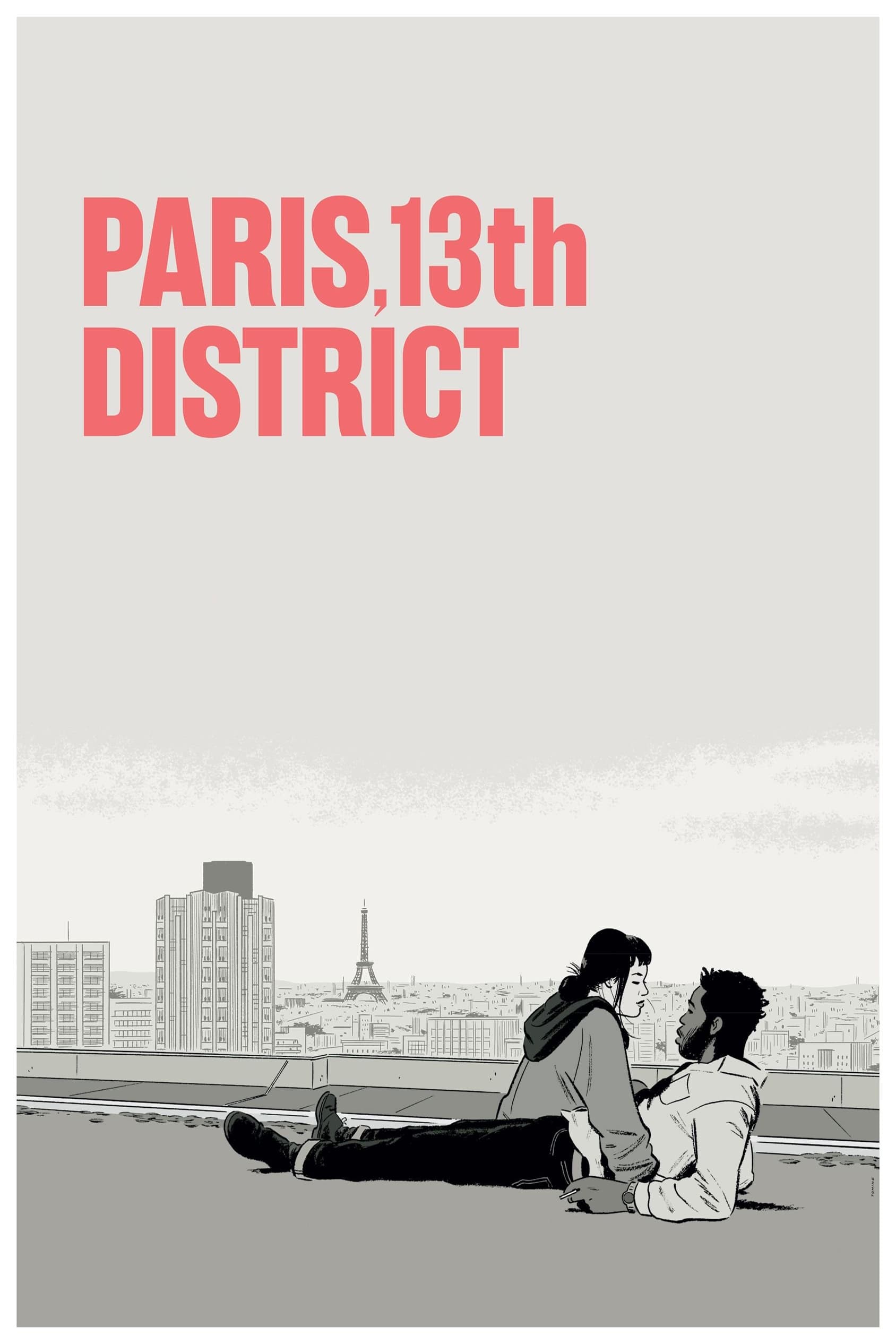
Émilie meets Camille who is attracted to Nora, who crosses paths with Amber. Three girls and a boy – They're friends, sometimes lovers and often both.
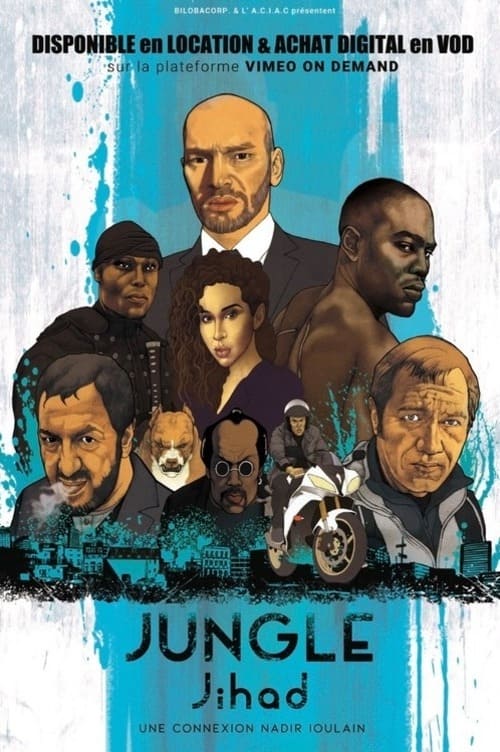
A cab driver takes a customer to the destination he indicates. During this journey, we discover through their conversation that the driver is an undercover policeman who lost his wife and daughter to a bombing, and that the customer is an extremist who is preparing to commit an attack... Both Muslims exchange views on the implications of their faith for the society around them... As tension mounts...
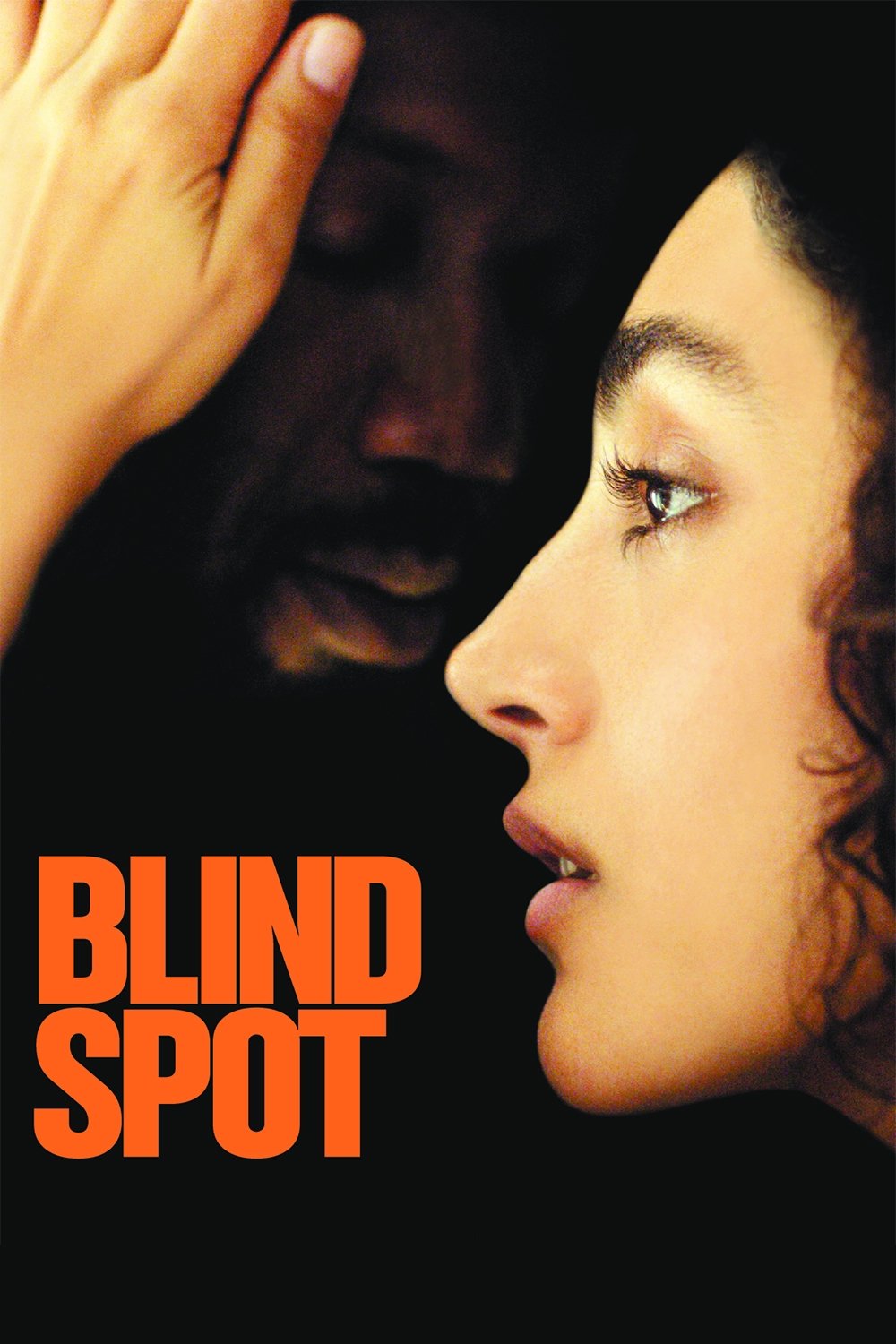
Dominick Brassan has the power to turn invisible, but rarely uses it. Instead he has kept it a shameful secret, hidden even from Viveka, his fiancée. But when his ability to control his gift gets out of hand, his life, friendships and relationships will be forever turned inside out.

The worn-out ex-journalist Ralph has to work as a substitute teacher at an evening school and in the end learns more than his protegees.
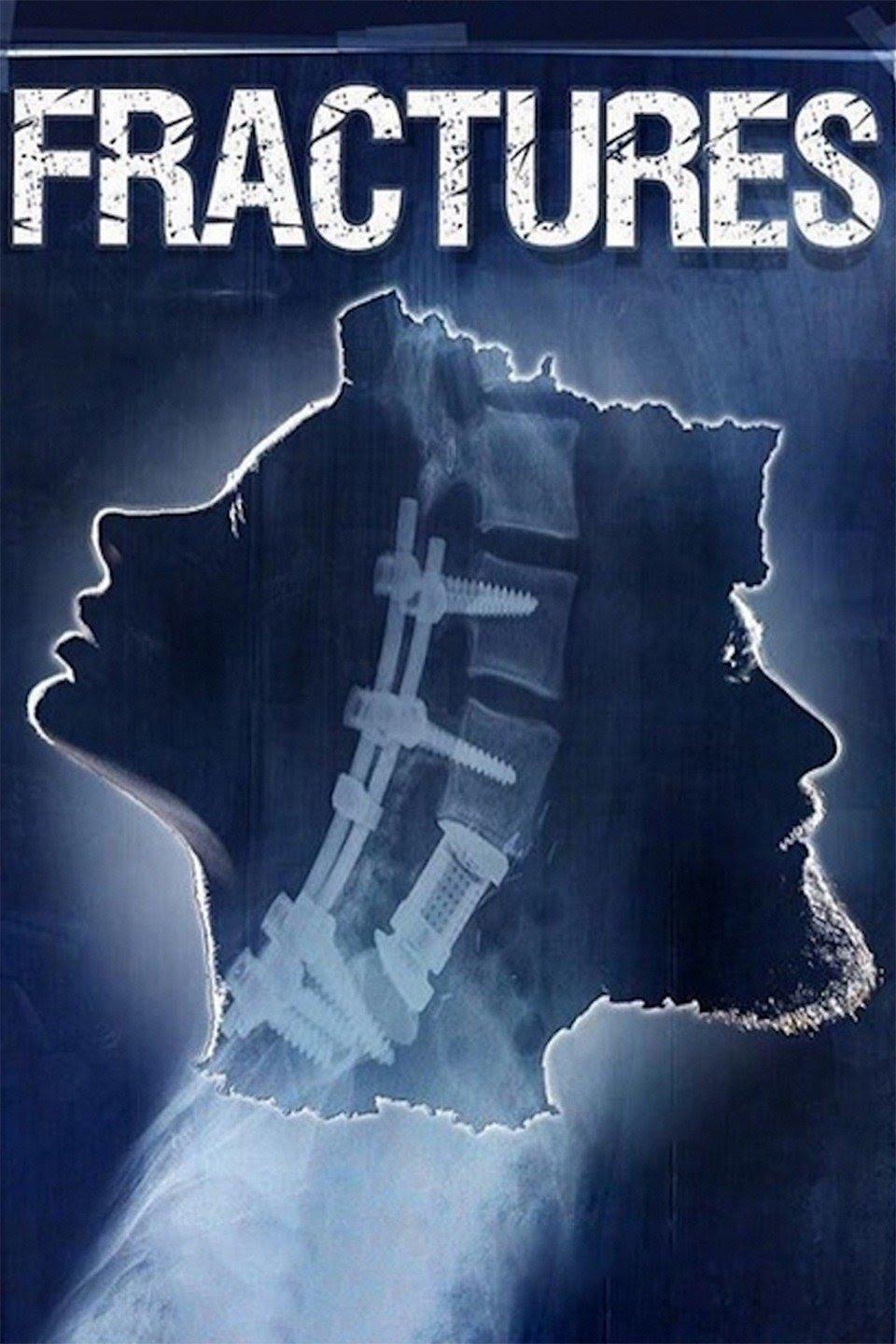
Fariha is an escort-girl who assumes her choices. The insecurity and violence suffered in her childhood made her materialistic and cynical. She no longer expects anything from the others. Youssouf has filled his frustration and his inner emptiness by adopting a violent and destructive ideology that sports the edge of a religion. He has been converted to radical Islam. These two French, with the opposite view of the world are going to the same party. Fariha to work, Youssouf to commit an attack. A complex equation will bring them together in a room, stuck, at the mercy of each other. Will they manage to find themselves beyond their differences?
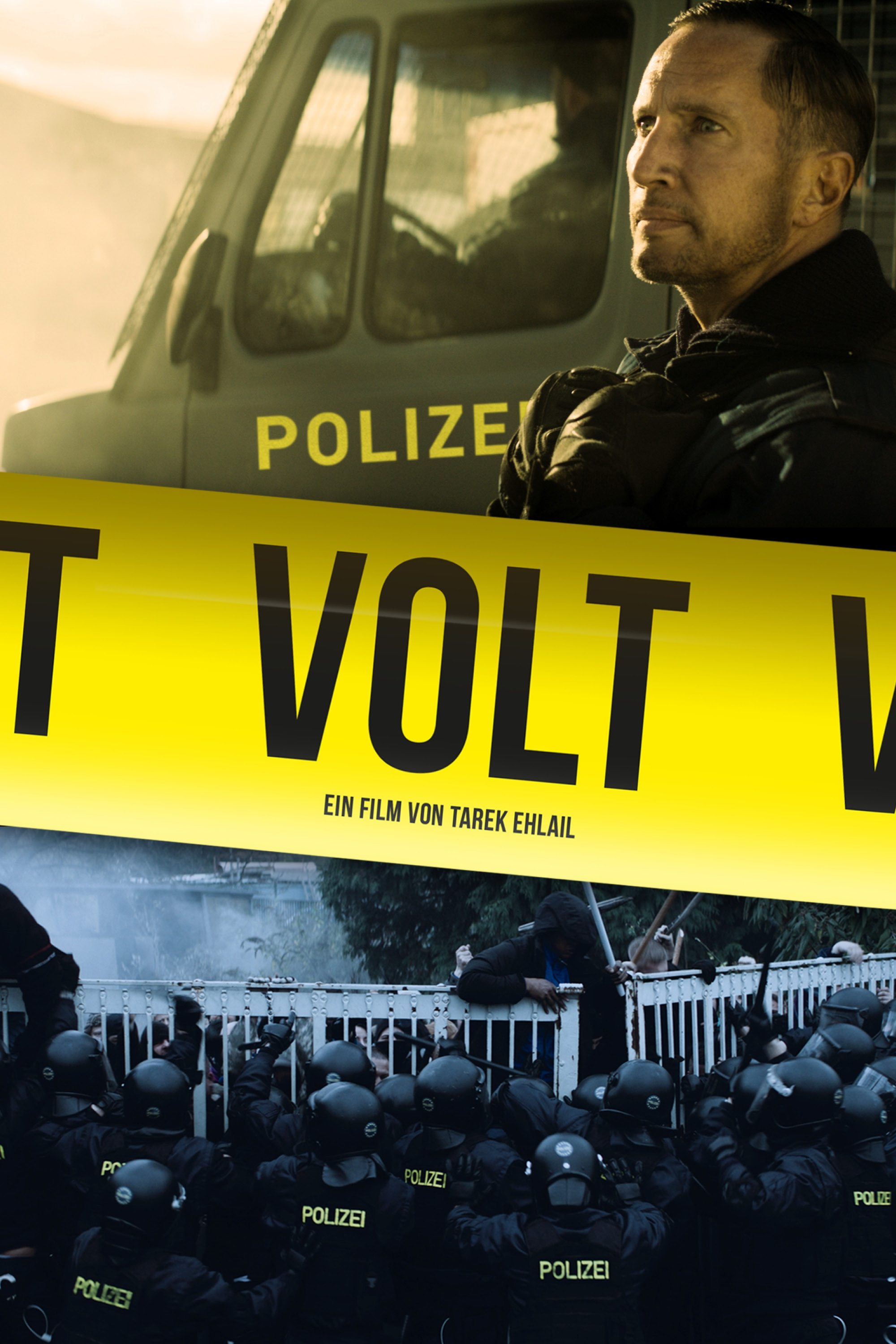
Germany in the not-too-distant future: The borders are closed, refugees are collected in camps and turned away or accepted. The mood is charged, a police detachment is responsible for keeping the crowd in check. Volt is one of the cops. He accidentally kills a French refugee. The violence spirals out of control. Volt starts up a relationship with the sister of the man he killed and winds up between the fronts.

Emma Mayer works as a presenter for a radio station. In her show 'Emma after midnight', she listens to the concerns of callers. She discovers that Katharina Holl, who is about to go on trial for involuntary manslaughter during the construction of an indoor swimming pool, is suicidal. Since the accident, she has been called Mrs. Hell by the press and while she, as the main defendant, has to shoulder all the blame, accomplices such as Lord Mayor Klaus Quade and the owner of the construction company, Mark Wahrendorf, remain on the outside. Emma has little time to deal with Katharina's problem and convince her that there is a point in continuing to live.
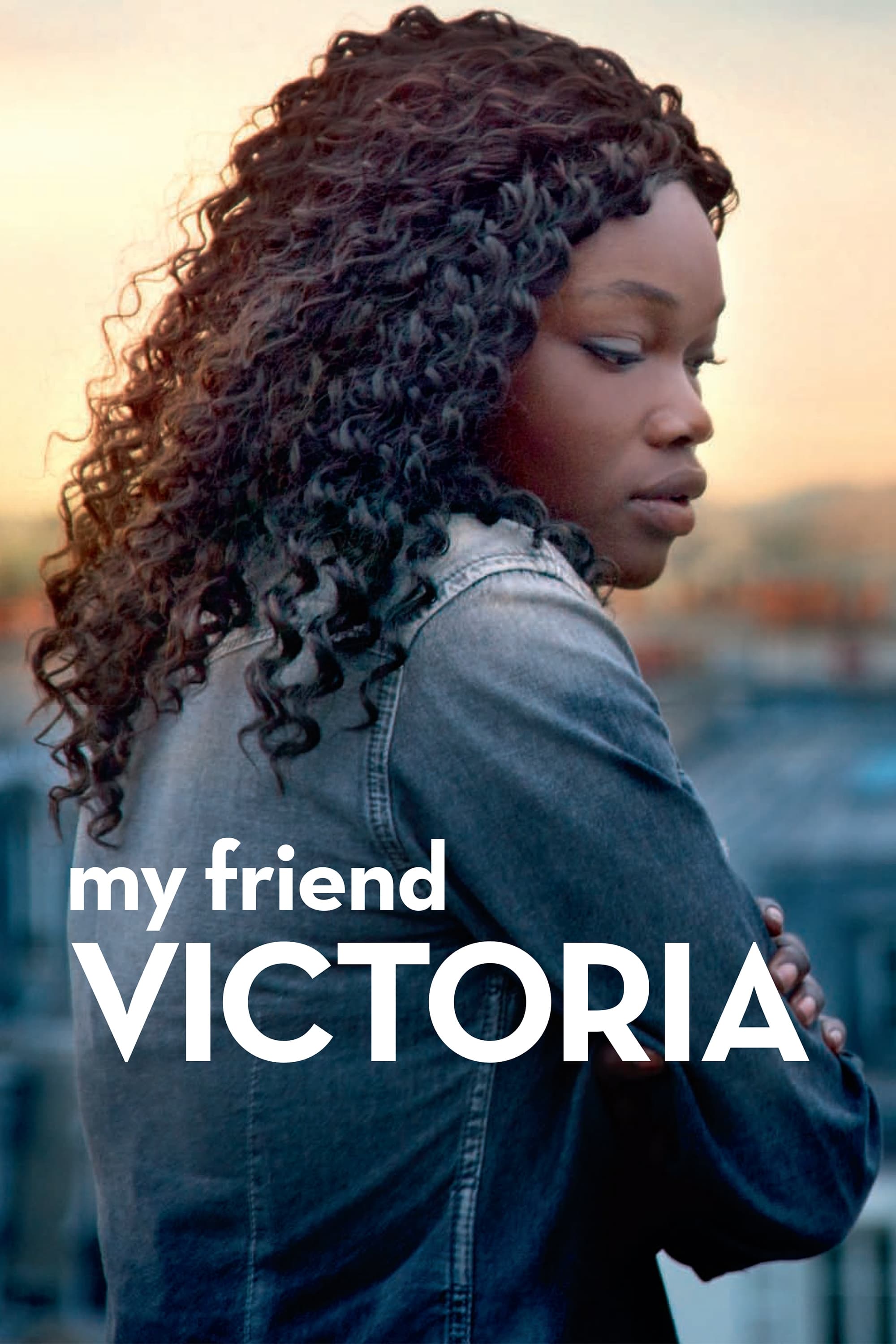
Victoria, a little black girl aged 8 from a humble background, happens to spend the night with the bourgeois family of Thomas, one of her classmates. Years later, they see each other again and Marie is the fruit of their fleeting relationship. But Victoria decides not to tell Thomas and raises her child alone. When Marie turns seven, Victoria decides that her daughter must have a better future and again turns to this family that she lost sight of long ago.
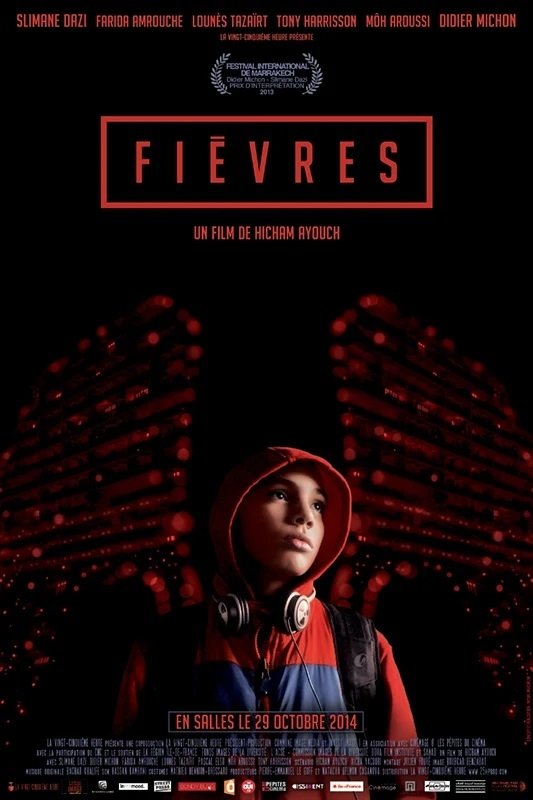
Benjamin is at war: with life, with adults, with himself. From his earliest childhood onwards, the 13-year old has been shunted from one care home to another. When his mother has to go to prison, he is sent to his father, whom he has never known. The man turns out to be a dead loss, a warehouseman who's given up on life, a man in his mid-40s who still lives with his Moroccan parents in a high-rise block in the banlieue. Benjamin's turbulence and violence soon prove too much for his new family.
By browsing this website, you accept our cookies policy.